- Your cart is empty
- Continue Shopping
DNS 1000ml (Polly) is an intravenous solution that is widely used in medical practice for fluid replenishment and energy supply. It contains Dextrose and Normal Saline, making it effective for maintaining hydration, balancing electrolytes, and providing an immediate source of glucose. This infusion is especially important in cases of dehydration, weakness, surgical recovery, or medical conditions that require fluid replacement therapy. By restoring vital electrolytes and improving fluid balance, DNS 1000ml supports patients in stabilizing their condition and regaining strength. It is carefully prepared under strict standards to ensure sterility, safety, and effectiveness for clinical use. DNS 1000ml (Polly) is a trusted choice for healthcare professionals to manage fluid loss, prevent dehydration, and maintain adequate glucose levels in patients during medical treatment or hospitalization. It is suitable for controlled intravenous use under medical supervision only.
Benefits
-
Helps restore fluid balance in the body
-
Provides a quick source of glucose for energy
-
Useful in mild dehydration and weakness
-
Supports recovery after surgery or illness
-
Helps maintain electrolyte stability
-
Assists in cases of fluid loss from vomiting or diarrhea
-
Improves circulation of essential nutrients
-
Prevents hypoglycemia in certain patients
-
Aids in stabilizing patient condition during treatment
-
Acts as supportive therapy in fever and infections
-
Enhances body strength by replenishing fluids
-
Provides hydration in emergency situations
-
Supports overall metabolism in weak patients
-
Maintains balance of sodium and chloride
-
Prepared under strict sterile conditions for safety
Possible Side Effects
-
May cause mild swelling at infusion site
-
Risk of vein irritation or pain during infusion
-
Possible electrolyte imbalance if misused
-
Can lead to fluid overload in some patients
-
Rare chance of allergic reaction
-
May cause mild fever or chills in sensitive cases
-
Possible nausea or discomfort
-
Headache in rare situations
-
Flushing or warmth during infusion
-
Dizziness if administered too fast
-
Excessive use may raise blood sugar levels
-
Risk of breathing difficulty in fluid overload
-
May increase thirst temporarily
-
Tiredness in rare cases
-
Should always be monitored by professionals
How to Use
-
Administered through intravenous route only
-
Dosage decided by healthcare professional
-
Infused slowly as per patient’s condition
-
Should be used under strict medical supervision
-
Not for self-administration
-
Infusion rate adjusted by doctor or nurse
-
Duration depends on patient’s medical need
-
Ensure sterile equipment before use
-
Must be monitored during infusion
-
Only to be used in hospital or clinical settings
-
Doctor decides repeat doses if required
-
Not to be mixed without professional advice
-
Use only if solution is clear and intact
-
Do not shake bottle vigorously
-
Stop use if adverse reaction appears
How It Works
-
Supplies body with essential glucose energy
-
Maintains hydration by replacing lost fluids
-
Balances sodium and chloride in circulation
-
Provides energy to cells during weakness
-
Supports organs by keeping fluids stable
-
Helps restore normal blood pressure in mild dehydration
-
Prevents complications from electrolyte loss
-
Assists in energy metabolism in patients
-
Improves tissue perfusion by fluid balance
-
Replenishes water content of body
-
Acts as supportive solution in recovery phase
-
Gives instant hydration in emergency care
-
Stabilizes glucose levels in weak patients
-
Maintains healthy fluid-electrolyte environment
-
Aids in patient recovery during illness or surgery
What to Avoid
-
Avoid using without doctor’s prescription
-
Avoid self-infusion at home
-
Avoid rapid infusion without monitoring
-
Avoid if allergic to dextrose or saline
-
Avoid use in severe kidney problems without advice
-
Avoid if patient has uncontrolled diabetes
-
Avoid in heart failure patients unless prescribed
-
Avoid mixing with other drugs without doctor’s order
-
Avoid reusing partially used bottles
-
Avoid use if solution looks cloudy or contaminated
-
Avoid storage in extreme temperatures
-
Avoid keeping bottle unsealed before use
-
Avoid exceeding prescribed dose
-
Avoid ignoring signs of reaction
-
Avoid unnecessary prolonged infusion
Safety Advice
-
Always use under medical supervision
-
Ensure sterility of infusion set
-
Monitor blood glucose during infusion
-
Check electrolyte levels if on long-term therapy
-
Inform doctor about other medicines before use
-
Keep out of reach of children
-
Use only intact and sealed bottle
-
Maintain proper infusion rate
-
Ensure professional monitoring in hospitals
-
Do not use expired solutions
-
Inform doctor about history of kidney or heart disease
-
Use carefully in diabetic patients
-
Watch for early signs of allergy
-
Report discomfort immediately
-
Stop infusion if adverse effects appear
Precautions
-
Should not be used in patients with fluid overload
-
Not suitable for those with severe kidney impairment unless monitored
-
Avoid in uncontrolled hypertension without guidance
-
Caution required in elderly patients
-
Use carefully in children under medical advice
-
Monitor regularly in long-term infusion therapy
-
Use slowly to prevent vein irritation
-
Do not store after opening
-
Keep in cool dry place away from sunlight
-
Do not freeze solution
-
Handle bottle gently to prevent cracks
-
Discard unused portion after infusion
-
Should not be given in unconscious patients without doctor’s order
-
Avoid excessive infusion to prevent complications
-
Use strictly according to healthcare instructions




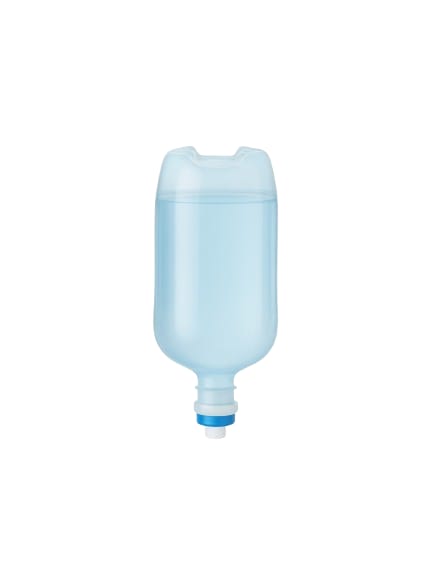
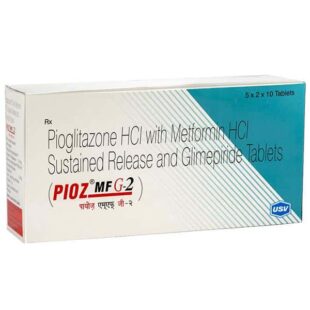

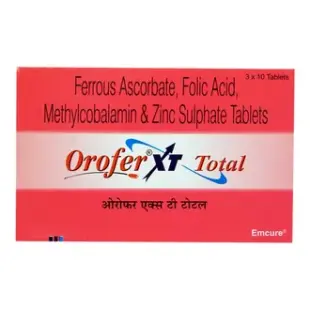
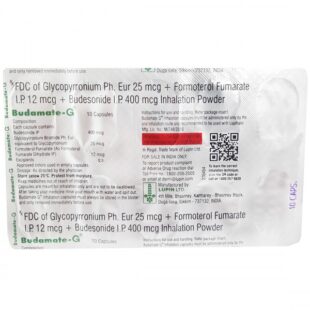

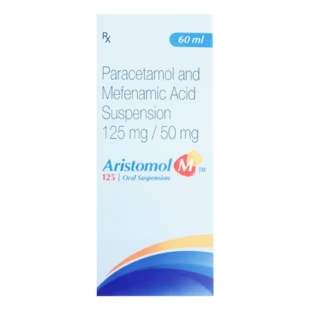
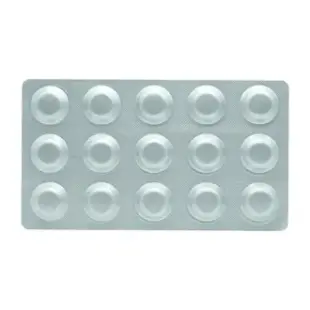
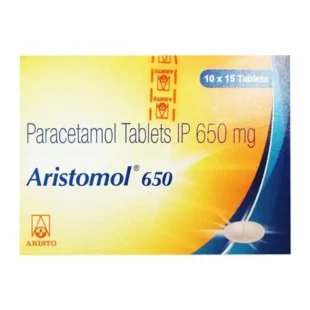
Reviews
There are no reviews yet.